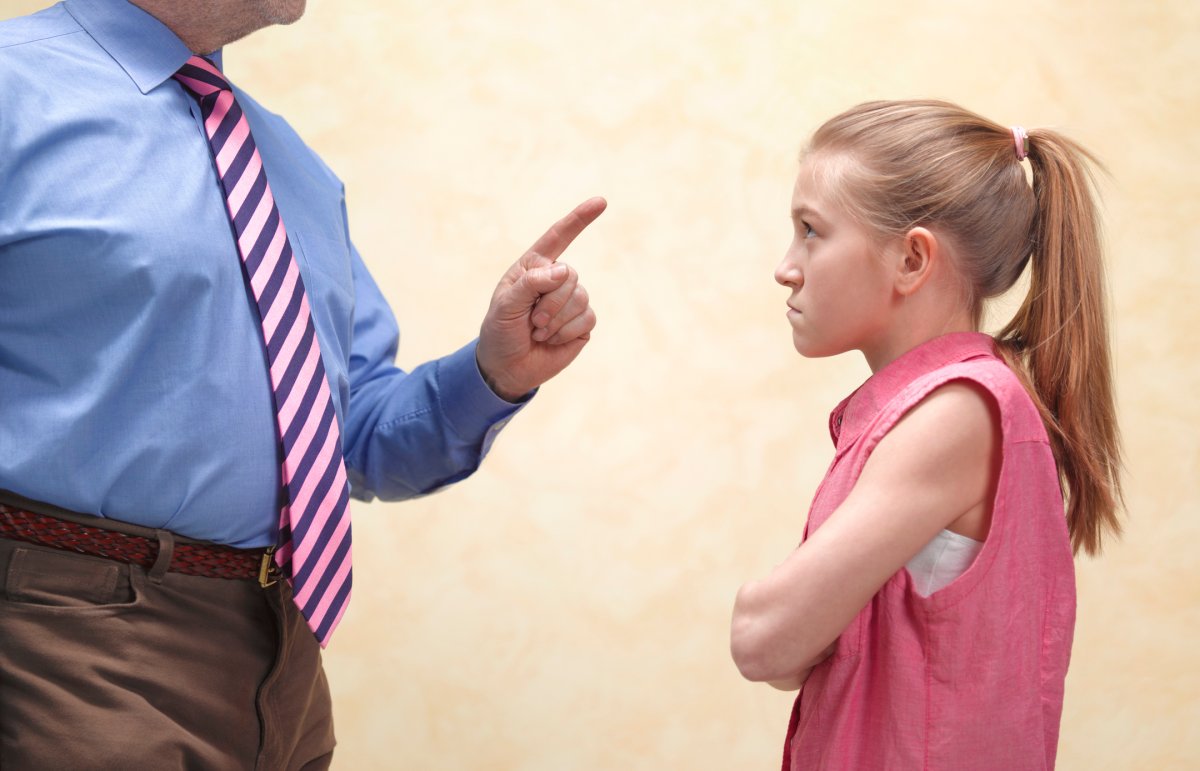As September rolls around, many businesses are calling the back to school season as the most wonderful time of the year. But while it might be a good time to be in the business of selling school supplies and backpacks, it’s also a time when anxiety increases for kids and teens.

“Some kids in kindergarten and Grade One still they don’t like to leave the homes of their moms — they worry about something bad happening at home and they just have a sense of less security when they’re outside their homes,” Dr. Cathy Moser said. “But even children in kindergarten and Grade One begin to compare themselves to everyone else.”
Dr. Moser has been working as a clinical psychologist since 1986. She spent 10 years working in the school system before opening her own practice, and said entering school opens kids up to a world of comparing themselves to their peers, for better or for worse.
“We’re all born with lots of intelligence but the minute we go out into the world, people start telling us what we can’t do more than what we can do, and that’s when we start to lose our intelligence,” Dr. Moser said. “We become afraid of performing or doing something, and we look at somebody else and they’re doing it better, so we stop doing it or we start to judge ourselves.”
“People begin to hear what other people are saying and take it internally and judge themselves.”
As children get older, keeping up with their peers begins to impact their confidence.

Get daily National news
“If they’re not buying the expensive brand name kinds of things, they may be feeling as though their peers are going to look at them as being shabby,” Dr. Moser said. “There’s social media happening and if they’re hooked in in any kind of way — which often they are — there’s so much happening that everybody else is perfect, everybody else has a great life, everybody else has fantastic stuff and they don’t seem to have that perfectness. We all know that what we see on social media is the best of the best, and that moment that is captured that shows them having a great time with ten friends, that’s not their real life.”
“Even adults, when they look on social media and see all these fantastic things happening, there’s pangs of jealousy, pangs of anxiety that people are going to look at them and think ‘Oh, they don’t have anything, they don’t have anything worthy to contribute.'”
Older students returning to classes often feel a sense of anxiety about grades and projects. Dr. Moser said when she asks teens about the consequences of doing poorly on a test, they often feel a sense of failure extending into their future.
“They sort of take that one instance of not being extremely successful on this test as an indication that they’re going to be a failure,” Dr. Moser said. “I’m always trying to encourage students to understand … that being a success is having belief in yourself and recognizing that you’re not going to succeed at everything. It’s like fall seven times, and get up eight, and that’s the only thing that’s going to determine your success.”
“Are you a good person? Do you treat people respectfully? Are you proud of the way you treat other people and yourself, your family? If you can answer yes to all those, you’re a successful person and you will be a success.”
Dr. Moser set up anxiety support groups for the back to school period specifically, after running programs throughout the school year. She said the group sessions are possibly even more effective than one-on-one counselling, since children realize they often share the same fears as some of their peers.
“You might know what they can expect but they don’t know what to expect and that’s why they’re anxious,” Dr. Moser said. “Anything could happen on the first day — they might not know who’s in the class, they’re worried about whether the bully that gave them trouble last year is going to be in their class, they’re worried about whether the teacher is going to be starting off at a level that’s above them and is going to call on them and give them a pop quiz the first day of school and ask them to read their answers out loud.”
Safety is also a concern for parents and children alike. With the number of school shootings happening in the United States, Dr. Moser said it’s worth speaking to kids about what to do in unsafe situations — but then encourage them to carry on as they normally would instead of fixating on the possibilities of those events occurring.
“Talk with your child about in case something happens, somebody comes in with a weapon, what would you do. Go over the plan. Or there’s a fire — the evacuation plan and so forth,” she said. “And barring that, now you have that information, let it go.”
“You can’t spend time thinking about it because it’s occupying your mind and taking up valuable real estate property in your mind, so there’s no room for the kind of growth in your mind that you need to create for you to be successful.”









Comments